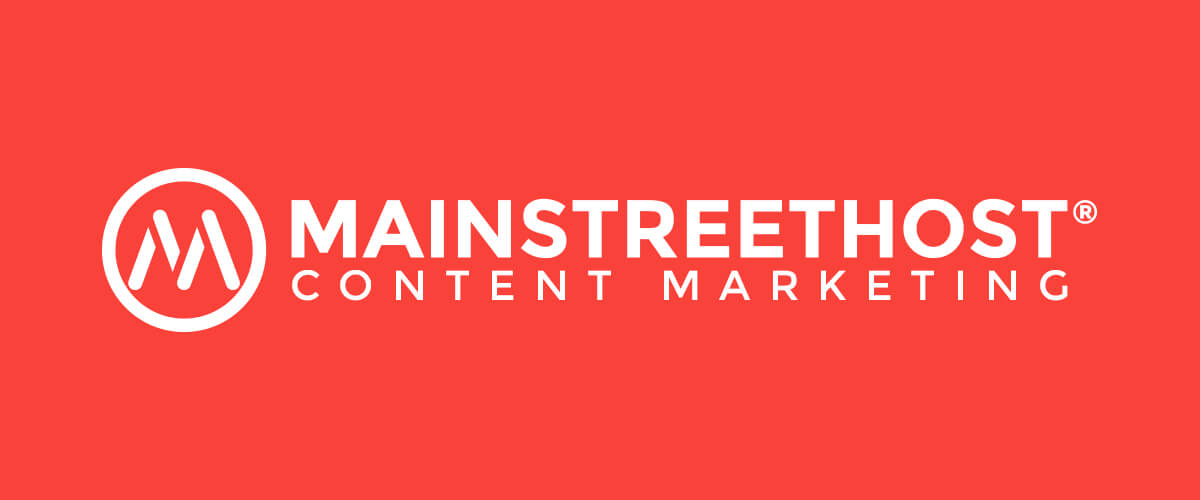What are the easiest ways to alienate your readers? Well, you could confuse them, bore them, or straight out lie to them. You could make them cry, curse at them, or insult their mothers.
And one of the the best ways to channel such diplomatic devastation is through vaaaaague adjective use.
BLEH!
These are descriptive terms that are both unflattering and elastic. Reading an especially vague adjective is like biting into rubber: hungry as you may be, you’ll struggle fruitlessly and fail to satisfy your appetite.
Worst of all, if you’re not giving your readers the whole picture, they’re not going to trust you. And whether you’re writing sales copy or personal anecdotes, you want readers to be receptive and trusting.
Let’s take a closer look at vague adjective use, how to vanquish it and what alternatives are at our disposal for becoming more trustworthy copywriters.
Both Ends of the Spectrum
There are two types of vague offenders: too broad and seemingly contrived. We’ll start with the simpletons.
Too broad: good, bad, big, few, fast, little, nice, hard, high, low, happy.
Example: “Our service is fast”. But how fast is fast? This is a relative term. As are big, and little, and slow, and low. “Low prices that can’t be beat” is incredibly vague. It doesn’t inform your customers of your pricing; instead it leaves them hanging with an undefined concept of what your pricing may be.
Whatever you’re describing should be labeled with an adjective that’s far superior to the ones above. These words are extremely mundane and subjective, so you have no excuse for lacking a richer, more acute descriptive term in such cases.
Here Lies the Other Culprit…
Seemingly contrived: scalable, actionable, dynamic, smart, robust, empowered, impactful, game-changing.
Despite whether or not your adjective use is truly accurate, your viewers may perceive it as contrived if it raises a red flag for the following: trendy terms, blatant embellishment or lingo.
Example: “Smart” is a trendy word used in a hundred and one applications and industries nowadays; and the more it appears on vehicles, water bottles and tech devices, the more ambiguous and meaningless the term becomes. Albert Einstein was smart. Steven Hawking is smart. The Deep Blue supercomputer was smart.
“Scalable” is a now-popular piece of lingo associated with the marketing and business disciplines. It’s a word that, if you’re a business or marketing professional, is common knowledge. But for someone who’s uninformed, it becomes a vague term that leaves them clueless. An outsider will either become confused or chalk it up to tacky embellishment.
On this note, we can’t scorn the use of niche adjectives in all contexts – it completely depends on what you’re talking about and who you’re talking to. Calling something scalable in an internal training guide isn’t the same thing as calling something scalable on your services webpage. As a rule of thumb, stay away from using vague, lingo-based adjectives when speaking to a general audience of everymen.
So what’s the secret here? What’s the cure for ineffective adjectives that put our credibility on the line?
The Simple Solution: Quantify Your Claims by Becoming Undeniably Specific.
Going back to the “smart” examples above, we can admit that in each case there’s room for a more specific synonym or word. Einstein was innovative because he developed the theory of relativity. Hawking is pioneering for his research and conclusions in quantum mechanics. Deep Blue is remarkably well-programmed because it defeated world champion Garry Kasparov in a chess tournament.
Remember those lists from before? Of course you do – who could forget such boring words? Well here are the same words, but more quantified:
Good Critically acclaimed, award-winning, widely supported
Bad Flawed, outdated, obsolete
Big Double-size, heavyweight, X times larger
Few Negligible, imperceptible, next-to-none
Fast High-velocity, record-breaking speed, instantaneous
Little Miniature, half-size, X times smaller
Nice Well-crafted, sleek, attractive
Hard Challenging, physically-demanding, notoriously difficult
High Above, superior, X% more
Low Below, inferior, X% less
Happy Satisfied, fulfilled, pleased
Some of the suggested synonyms above are situational, but the point in each case is that we’re replacing a vague adjective with something that’s more specific (and thus worth more to your reader).
Many times the easiest way to improve a weak adjective is by generating comparisons. If something’s “big”, compare its size to a well-known object that’s similar. If something’s “hard”, give us a more concrete idea by contrasting its difficulty against another task. You get the idea – now rev up your definitive adjective creation machine and craft descriptive statements your readers can trust.
In my next post, I’ll be diving deeper into the contrived lingo with some refreshing tips on diversifying this burnt-out language. Can’t wait to conquer my biggest pet peeve…


